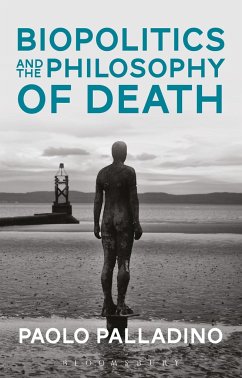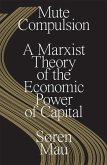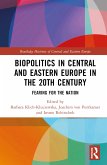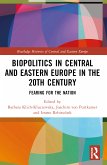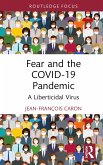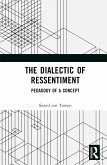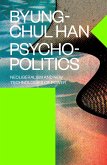While the governance of human existence is organised ever-increasingly around life and its potential to proliferate beyond all limits, much critical reflection on the phenomenon is underpinned by considerations about the very negation of life, death. The challenge is to construct an alternative understanding of human existence that is truer to the complexity of the present, biopolitical moment. Palladino responds to the challenge by drawing upon philosophical, historical and sociological modes of inquiry to examine key developments in the history of biomedical understanding of ageing and death. He combines this genealogy with close reflection upon its implications for a critical and effective reading of Foucault's and Deleuze's foundational work on the relationship between life, death and embodied existence. Biopolitics and the Philosophy of Death proposes that the central task of contemporary critical thought is to find ways of coordinating different ways of thinking about molecules, populations and the mortality of the human organism without transforming the notion of life itself into the new transcendent truth that would take the place once occupied by God and Man.
Hinweis: Dieser Artikel kann nur an eine deutsche Lieferadresse ausgeliefert werden.
Hinweis: Dieser Artikel kann nur an eine deutsche Lieferadresse ausgeliefert werden.

